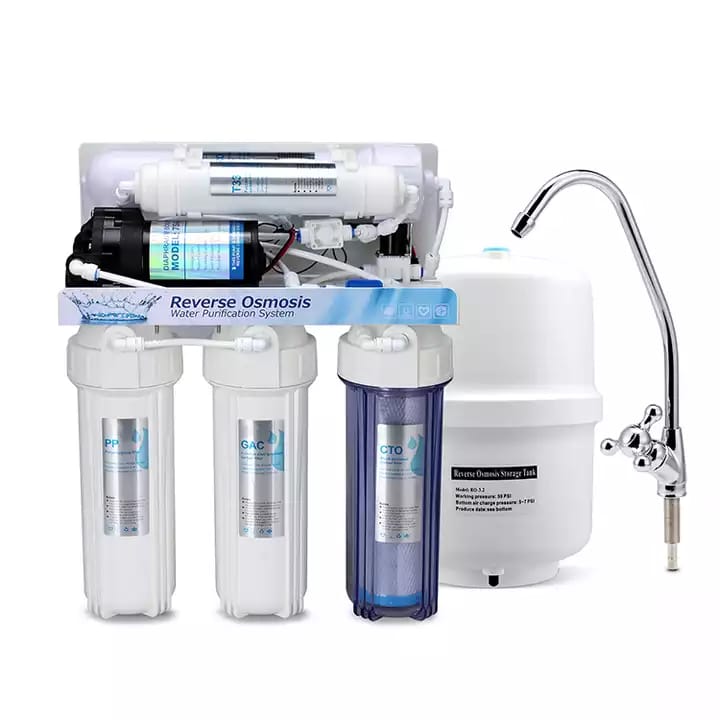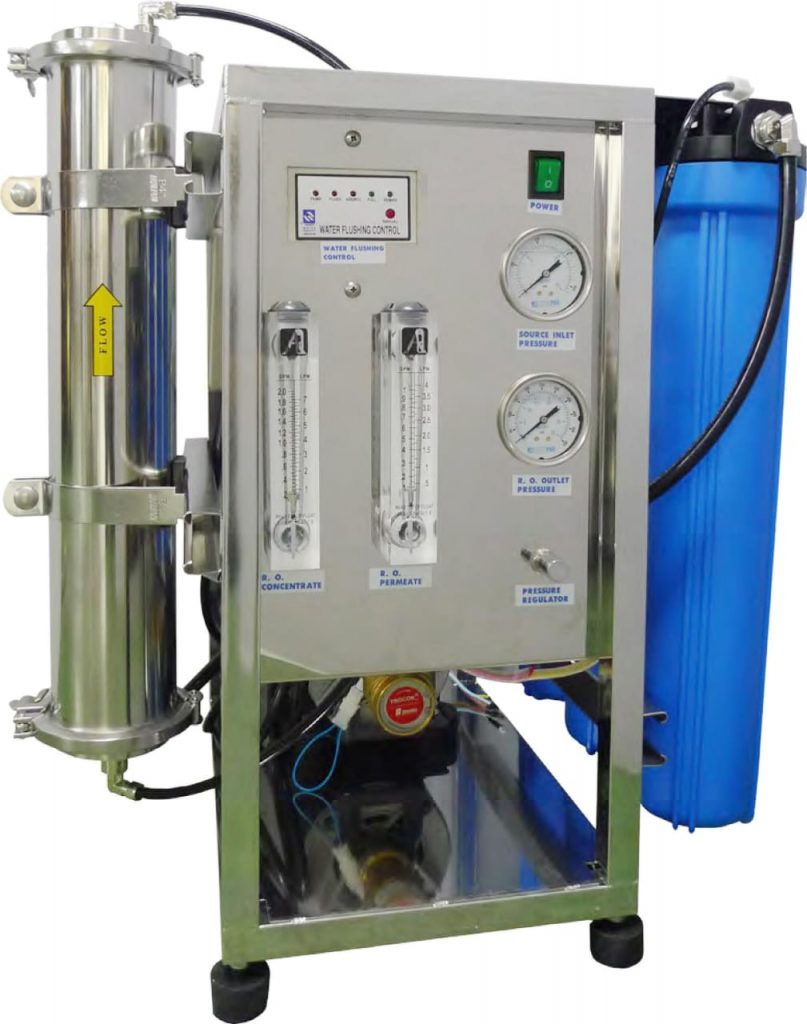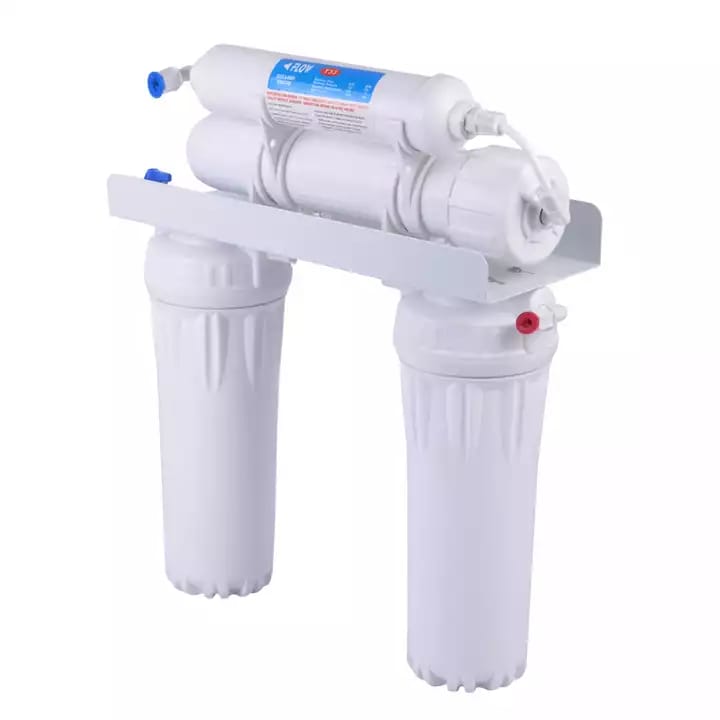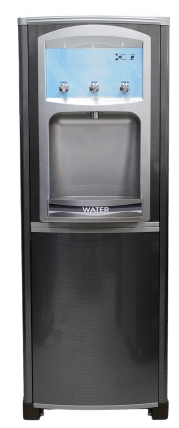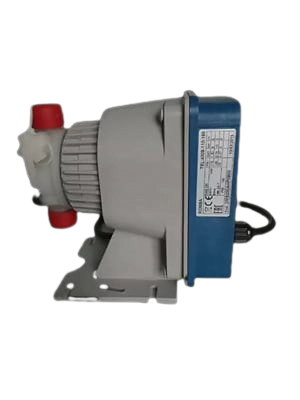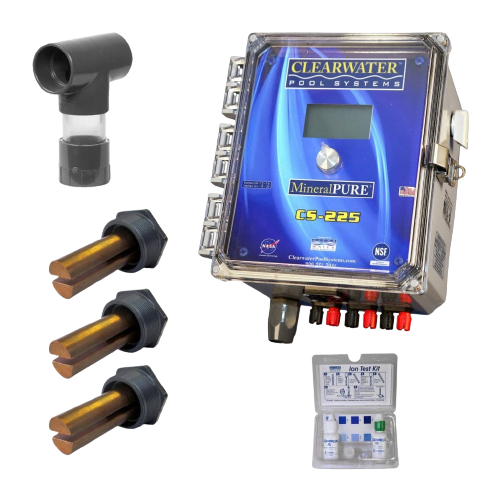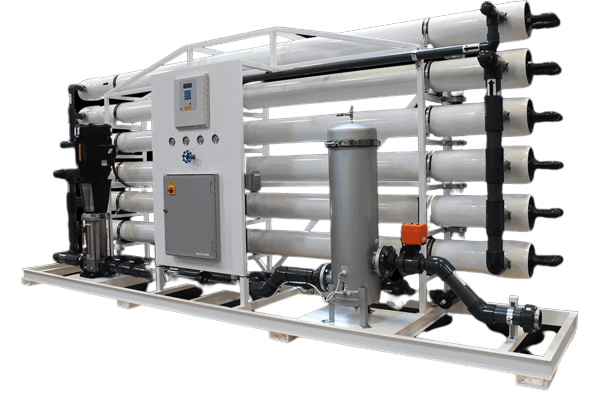Aqua Best is a health care products company with a vision to make the world a healthy and a happy place. Aqua Best started its operations from United Arab Emirates.
Aqua Best Technology is dedicated to encompass state of the art water processing technology to serve the wide range applications of Residential, Commercial and Industrial Water purification.
Our broad product range includes Reverse Osmosis Systems, Ro/Di System, Water Filtration Systems, UV Water Filtration Systems, UV Sterilizers, Water Softeners, Fine Sediment removal, Fine Media and Specialty Cartridges, many other replacement products and accessories.
Aqua Best Technology’s Responsive Engineering and Marketing services are key assets in providing greater timely services to our honorary customers and consumers.
Aqua Best has been at the front position of innovation. It has grown to be a strong organization with offices across Dubai, Sharjah, Abu Dhabi, Ras Al Khama, Fjairah Ajman All UAE. Aqua Best most importantly, millions of satisfied customers to its credit all over UAE. With a purpose to give good health to one and all, Aqua Best is the best guardian of your family’s health!
How did we choose the best water filters for this guide?
We tested and evaluated over 100 different water filters in the past couple of years. Based on this we narrowed it down to a few great candidates. We evaluated based on filtration, installation/setup, convenience, value for money, sustainability and credibility of the product/brand.
Why do you need a water filter?
Generally public tap water in Middle East is considered safe to drink. However, this doesn’t mean that it tastes great or that the water that flows out of your faucet is healthy.
Bottled water is worse than tap water in terms of health as it contains microplastics and hormone disruptors according to multiple studies. There is considerable evidence that plasticizers from plastic packaging used for beverages and food cause hormone disruption and this impacts reproduction and increased risk of miscarriages. In addition to this bottled water may contain the same kind of contaminants as public tap water including PFAS, arsenic and bacteria. Finally the production and disposal of water bottles is terrible for the environment.
To be certain that you drink healthy water, an affordable high quality water filter is a great alternative.
Type of water filters available
There is no lack of water filters available on the market today. There are pitcher filters, faucet filters, under-the-sink-filters, counter-top and other formats.
As tap water enthusiasts we’ve tested and summarised the pros and cons for each alternative:
| Filter Type | Pros | Cons |
|---|---|---|
| Pitcher/Carafe (e.g. Brita or PitcherPro by TAPP) | No installation Efficient in reducing chlorine for improving taste | Slow flow and low capacity Takes up space in fridge |
| Faucet filter (e.g. TAPP) | Easy installation without plumber on 95% of faucets High flow and filter capacity Removes all common public water and pipe contaminants | Some faucets are incompatible Generally don’t reduce water hardness |
| Gravity filter (e.g. Berkey) | No installation Efficient in removing common contaminants | Slow flow Space on kitchen counter Water temperature rises to room temperature |
| Under-the-sink / Reverse Osmosis | Very high water filtration efficiency of most contaminants Once installed “invisible” in the kitchen | Expensive to install and maintain Slow flow rate Water and energy wasting Bacteria issues common Removes all healthy minerals Flat taste and not quenching |
| Distillation filters (e.g. Mitte) | High water filtration efficiency | Slow flow rate High energy use Removes all healthy minerals (so have to be added) Flat taste and not quenching Space on kitchen counter |
| UV filters | Very efficient in killing/removing bacteria Energy efficient Can be installed under-the-sink or combined with other filters | Does not remove other contaminants from water such as heavy metals, salts, chlorine or man-made substances like petroleum products or pharmaceuticals Require yearly maintenance |
| Whole house filters | Efficient in removing most contaminants, softening water and more Installation can be hidden Filters all water including shower | Very expensive to install and maintain Take up a lot of space Some use a lot of energy Issues if not properly maintained |
Read our guide about common tap water contaminants and what TAPP filters and remove and reduce.
How do I know that the water filter works?
Unfortunately there are a lot of water filters sold that make unsupported claims about their efficiency. Therefore it’s critical that you always require an independent lab report to support the claims from the water filter brand or manufacturer. In the US NSF certification can be a good start but for Europe there is no such standard. Furthermore most filters are only certified for NSF-42 which basically means that they reduce chlorine but nothing else.
As an example of a good certification see the independent lab test of EcoPro by TAPP Water.
What’s the best water filter for your needs?
Although there are some general rules and guidelines the best option is often based on the needs for each household. This includes
- Where you live and the quality of the local water – Do you have a potable public water source? Are the pipes in the building old? Is it very hard water, highly chlorinated or do you have specific local contaminants causing an issue?
- Young children/infants – If you have young children then you should be extra careful as they are much more sensitive to small amounts of contaminants such as lead, nitrate or microplastics
- Kitchen design – Do you have a fancy design kitchen or a basic kitchen? Do you want a product that is integrated in the kitchen? Or do you want a product that is easy to install and remove yourself?
- Plumbing skills – If you are a hobbiest plumber then you will have a lot more options in terms of installing a system yourself. Most people don’t want to touch pipes due to risk of causing leakages and other damage.
For most households the most affordable and best water filter is a jug or faucet water filter. But if you have the extra budget then an under-the-sink filter or whole house filter could also be a good solution.

